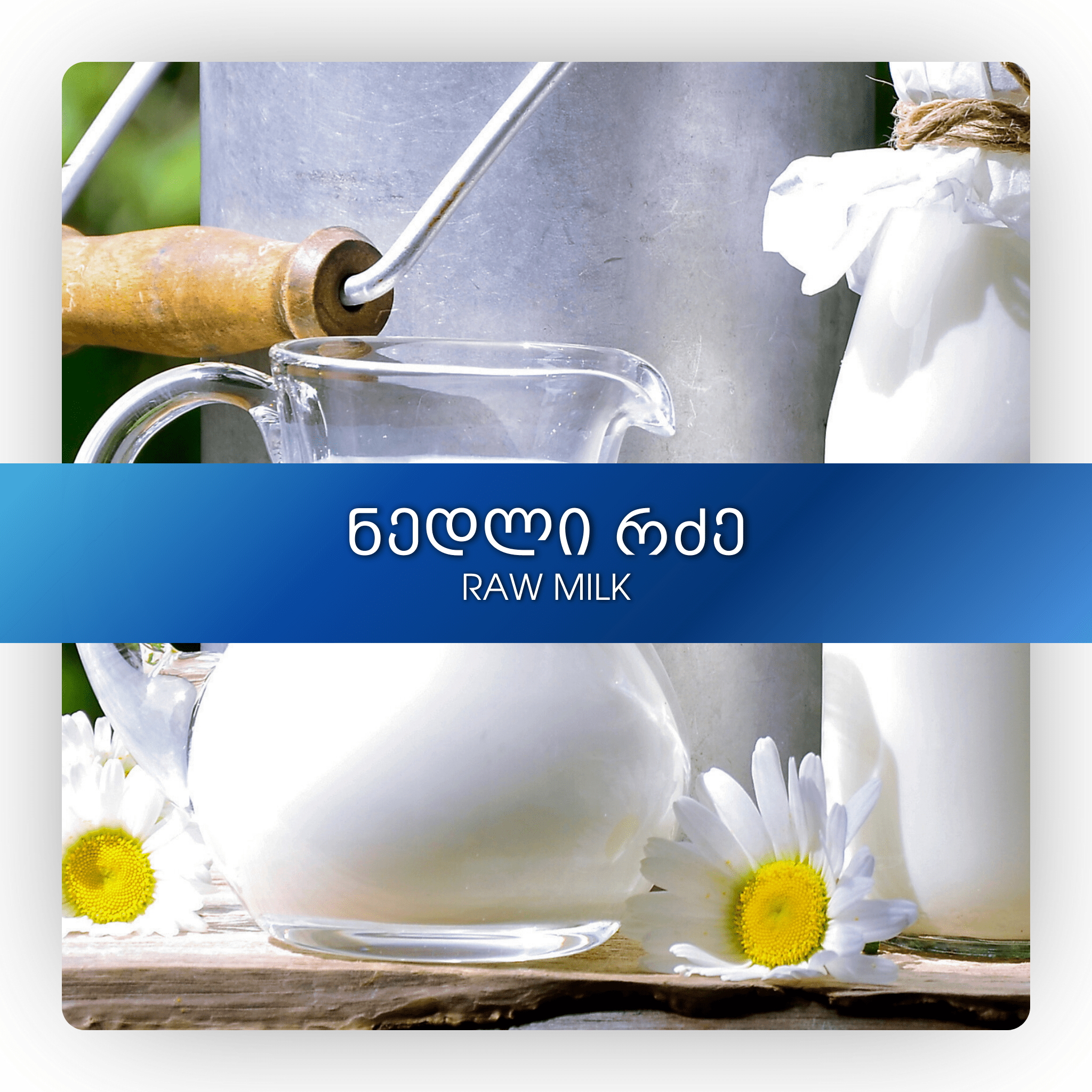Raw Milk
Unfortunately, some people are choosing to drink raw milk. Raw milk—and products made from it—can make you and your loved ones sick. Raw milk has not undergone a process called pasteurization that kills disease-causing germs. Pasteurized milk is a safe and healthy food. When milk pasteurization began in the early 1900s, deaths and diarrheal illnesses in young children declined dramatically.
What are the risks associated with drinking raw milk?
◾️ Raw milk is milk that has not been pasteurized to kill harmful bacteria. Raw milk can be contaminated with harmful germs that can make you very sick. In fact, raw milk is one of the riskiest foods.
◾️ People who get sick from raw milk might have many days of diarrhea, stomach cramping, and vomiting. Some people might develop severe or even life-threatening diseases, including:
- Guillain-Barré syndrome, which can cause paralysis, and
- Hemolytic uremic syndrome, which can result in kidney failure, stroke, and even death.
Here are some things you should know:
◾️ Raw milk is linked to a variety of foodborne illnesses.
◾️ Illness can be severe for some people, including people with a weakened immune system and people who ate or drank food that contained a high level of contamination.
◾️ People can get ill from the same brand and source of raw milk that they drank for a long time without becoming ill.
◾️ Pasteurizing milk reduces the chance of illness. Pasteurization is the process of heating milk to a high enough temperature for enough time to kill harmful germs in the milk.
◾️ Raw milk can get contaminated many ways. Healthy animals can carry germs that are harmful to people. Germs in these animals’ poop can get into raw milk and contaminate it.
◾️ Good safety practices can reduce the chance of germs getting in raw milk, but not completely eliminate it.
Who is at greatest risk of getting sick from drinking raw milk?
People most at risk for severe foodborne illness are adults 65 years and older, children younger than 5 years, and people with weakened immune systems. But healthy people of any age can get very sick after drinking raw milk contaminated with harmful germs.
Does pasteurization change milk’s nutritional benefits?
Most of the nutritional benefits of drinking milk are available from pasteurized milk without the risk of disease that comes with drinking raw milk.
Is it true that raw milk has more enzymes and nutrients than pasteurized milk?
Multiple studies have shown that pasteurization does not significantly affect the nutritional quality of milk. Scientists do not have any evidence that shows a nutritional benefit from drinking raw milk
Has pasteurized milk ever been linked to illnesses or outbreaks?
Pasteurized milk and products made from it have occasionally caused illnesses and outbreaks. Usually, this has happened because germs got in the milk or milk product after the milk was pasteurized.
Pasteurized milk is very unlikely to contain harmful germs if it is
◾️ correctly handled in the dairy,
◾️ bottled, sealed, and refrigerated after pasteurization, and
◾️ properly handled by the consumer, including refrigerating it at 4°C or colder.
Saurce: CDC (Centers for Disease Control and Prevention)
